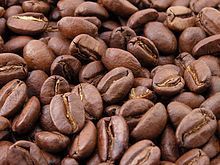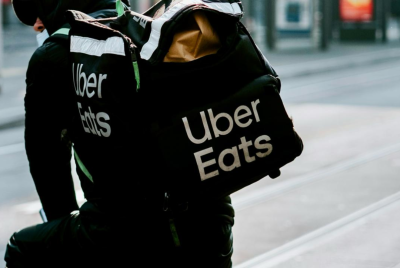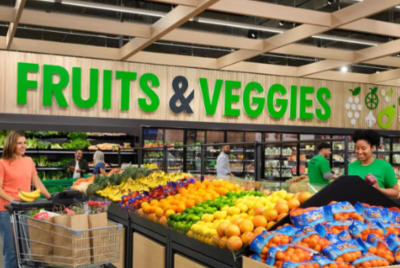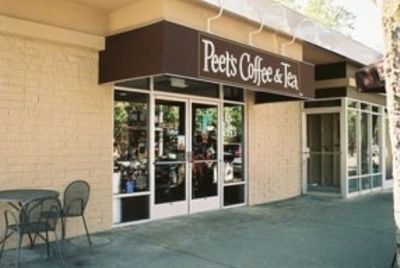Vietnamese Farmers May Hoard Coffee To Protect Against Inflation: Analyst

Vietnamese farmers may be hoarding the robusta coffee beans they produce to protect against inflation, a BNP Paribas SA (EPA:BNP) agricultural analyst told IBTimes at a recent coffee conference.
“It used to be that they couldn’t hold coffee, because they had to sell to make payments, whether that be payments in diesel, to pump water under the ground, or just interest payments,” BNP Paribas analyst Keith Flury told IBTimes earlier this month.
But in the past few years, Vietnamese farmers have earned more, even as their robusta beans remained significantly cheaper than their more popular arabica cousins.
“That means their cash flow is pretty good,” said Flury, who called it a significant issue in Vietnam’s coffee market specifically. “They’re not forced to sell.”
Vietnam is the world's largest producer of robusta coffee beans, though Brazil is also a significant grower.
Earlier this year, Argentina’s soybean farmers also hoarded soybeans in the world’s third largest producer, partly to protect against steep depreciation in the Argentine peso, reported Bloomberg. Holding agricultural commodities as an inflation hedge isn’t uncommon, and even U.S. money managers do it if they fear inflation, according to Flury.
By releasing smaller stocks of coffee beans onto the market and tightening supply, farmers can wait for better prices and fatter profit margins, too.
There are no official government data for Vietnamese coffee stockpiles, but the U.S. Department of Agriculture estimated that there would be 3.8 million 60 kg bags left unsold in the 2013-2014 crop year.
“Traders, processors, farmers and collectors are holding the stocks,” reads a November 2013 USDA report. “Industry reports that farmers are holding higher stocks than in previous years due to favorable, low interest rates.”
“Instead of drowning the market with their coffee, they are very good at holding off sales and very good at waiting,” Flury told an industry audience in New Orleans on Saturday, speaking of Vietnamese coffee farmers. There are few other coffee markets with significant hoarding, according to Flury.
“In Vietnam, it’s not as easy to buy other assets: so why not just hold coffee?” he said to IBTimes. “Why would you sell your coffee, which retains its value in dollars, for currency in paper which is inflating at 6 to 10 percent a year?”
Inflation in Vietnam averaged at 9 percent from 2009 to 2013, according to World Bank data. Coffee reserves hit a record 850,000 metric tons earlier in March, according to Bloomberg. Falling robusta prices in 2013 didn’t encourage farmers to sell, either.
Robusta is used in Nestle SA’s (VTX:NESN) instant coffee, while Starbucks Corporation (NASDAQ:SBUX) uses arabica beans exclusively. Demand for both has risen in recent years, though robusta demand is outpacing arabica growth.
© Copyright IBTimes 2025. All rights reserved.






















